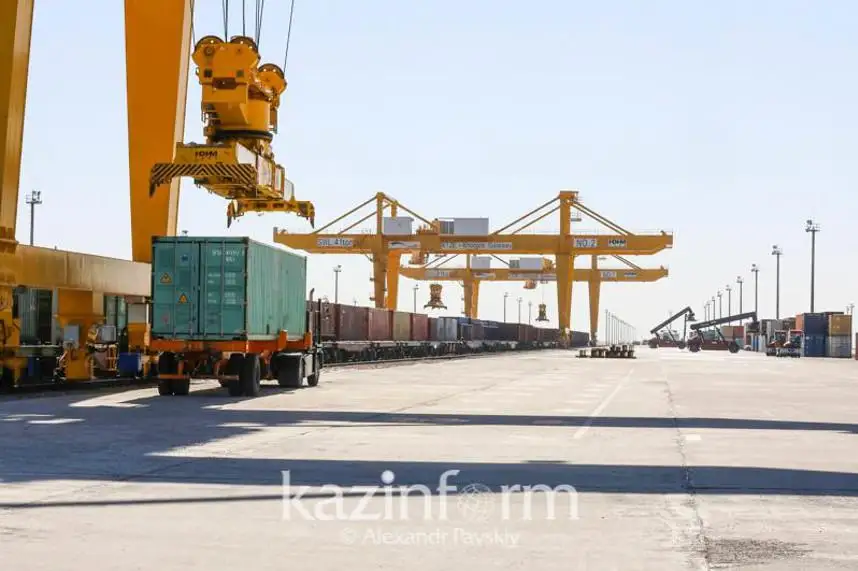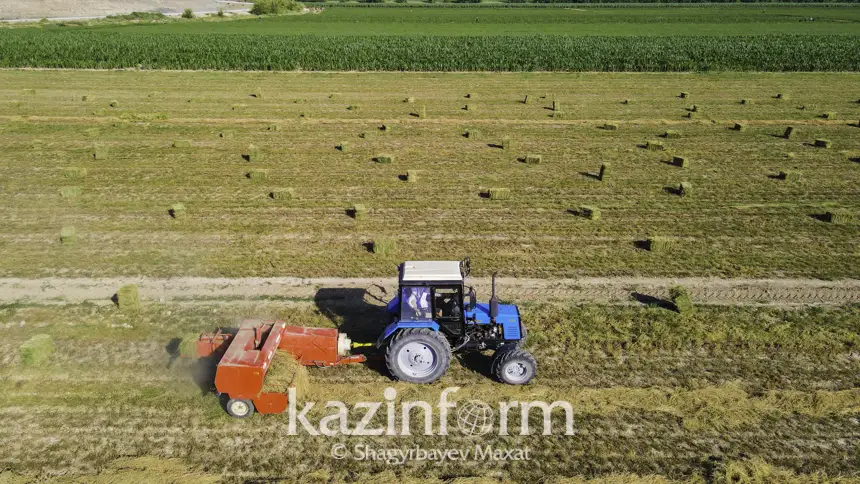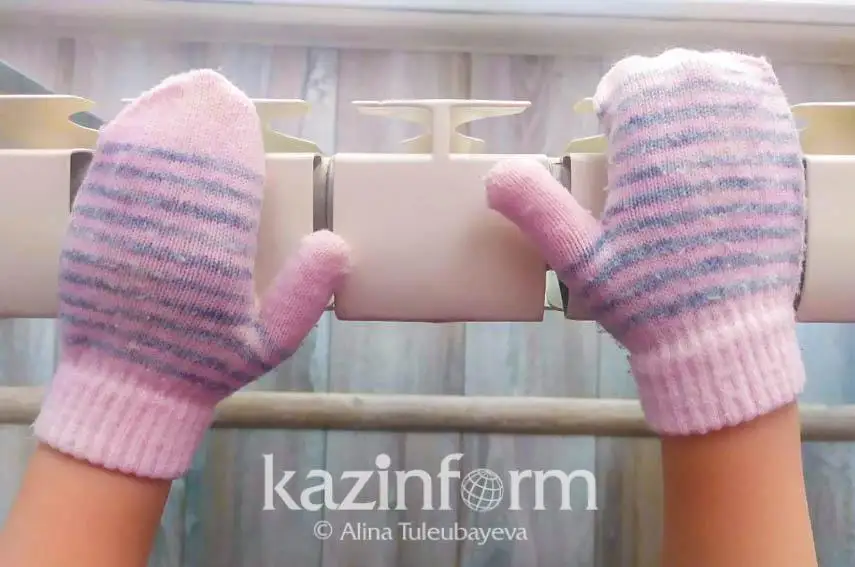Kazakh government sets ambitious goals for economic overhaul as country seeks to move to real market economy

In his remarks, Tokayev said that political reforms had opened a new stage of Kazakhstan’s development and laid a solid foundation for structural economic reforms.
«Everyone present at today’s meeting must be aware of their high personal responsibility to the people of Kazakhstan. It is from your decisions and actions that the present and future of our country depend. You must not limit yourselves to solving day-to-day issues; you must become reformer,» he told the meeting.
Tokayev spoke in detail about economic diversification, poor development of the agricultural sector, poor quality of the implementation of reforms, the need to foster dialogue between the public and state, among many other issues.

Transition to a real market economy
Tokayev said Kazakhstan needs to move to a real market economy aimed at meeting the needs of citizens. He warned there is a difficult period ahead.
«We are living in a very difficult time. The severance of traditional economic and logistical ties is accompanied by record inflation, a slowing of the global economy, an increase in the debt burden of states. Trade barriers are multiplying, and mutual mistrust between states is growing. All this is the new normal, or rather abnormality, of the world economy. Natural rent is no longer a sustainable source of national wealth,» he said.

As an oil and gas producing country, Kazakhstan, he noted, must adapt to the new geo-economic situation.
«Diversification of the economy is an urgent need and a strategic task. We talk about this all the time. But we have a lot to talk about. Unless we act immediately, we will not be able to advance in global competition, which means we will have to remain at the bottom of the world economy,» said Tokayev.
Kazakhstan is in a middle-income trap, but to escape from it, «great economic growth» is not enough, according to financial expert Andrey Chebotarev. The growth should not be driven by the hydrocarbon sector and Kazakhstan needs diversified economy.
«In order to break out of it, it is not enough to show great economic growth. We can achieve it at the expense of oil as well. For example, tomorrow something will happen, and the price of oil will rise to $140 per barrel, then we can easily have economic growth of 6 percent or 7 percent. But nothing will change from this, it will be achieved thanks to oil prices. In order to escape from the middle-income trap, we need economic diversification, that is, moving away from the commodity sector,«said the expert.

He noted that in a market economy, the government cannot open factories or build power plants on its own, it has to be done by business. But the government can create clear and transparent conditions of the game.
Another aspect is to bring an investor, give a project and guarantees. Although Kazakhstan attracts significant investments, it is insufficient to make a leap forward. Chebotarev also suggests focusing on innovations.
Renewable energy is also a promising area for Kazakhstan to diversify its economy, according to Kazakh economist Galymzhan Aitkazin. He said Kazakhstan has almost all the natural resources known to science. However, the country still needs more technology and quality personnel for its development. He brought China as an example, which also gained knowledge and technologies through foreign investments and professional staff.

In March, Tokayev instructed the government to reduce the inflation rate by half. As of March, the annual inflation rate totaled 18.1 percent.
Prime Minister Alikhan Smailov emphasized that stabilization of prices is one of the most important tasks of the government and local executive bodies. He said the government and the National Bank implement measures to control and reduce inflation.
«During the last four weeks, no inflation for socially important food products was registered,» said Smailov.

He also spoke about the program to increase population incomes, which helped ensure income increase for more than 3 million people. In addition, at least 1 million people will be employed this year as part of national projects, opening new production facilities and developing small and medium-sized businesses.
Agricultural development
Speaking about the development of agriculture, Smailov said nearly 300 projects worth 536 billion tenge are being implemented. They will create around 7,000 jobs in the industry.
During the meeting, Tokayev criticized how agricultural subsidies are distributed. «The budget funds allocated for the development of the agro-industrial complex must be spent effectively. This should be carefully monitored,» he said. «For ordinary farmers, getting a subsidy is a difficult task. The subsidy system is very complicated, and the necessary information is inaccessible to the public.»

Smailov said the volume of concessional lending for spring field and harvest work this year increased to 140 billion tenge. The government also allocated 419,000 tons of diesel fuel at reduced prices for agrarians to carry out the sowing campaign. They will receive additional 400,000 tons of fuel for harvest work.
The volume of concessional lending for purchasing agricultural machinery was increased to 145 billion tenge.

«On the instructions of the head of state, a new concept for the development of rural areas was adopted, which aims to modernize the social, engineering and transport infrastructure in rural areas,» Smailov said.
This year, the government launched the Auyl Amanaty project to increase villagers’ income through preferential microcredit and the development of agricultural cooperation. In 2023, 100 billion tenge was allocated for this purpose. The seven-year project that received 1 trillion tenge in funding is expected to cover more than 1 million villagers.
Another program, called Auyl-El Besigi, also aims to foster rural development. As part of the program, in 2023, 1,800 projects in 900 villages will be implemented, worth 198 billion tenge.

Development of businesses
The development of small and medium-sized businesses has been one of the key messages of Tokayev’s address to the Parliament on March 29.
During the meeting on April 19, the government pledged to create a more conducive environment for businesses and entrepreneurs with measures such as reducing administrative barriers, expanding access to financing, and promoting innovation and technological development.
Prime Minister Alikhan Smailov spoke about the main directions of entrepreneurship development, highlighting a new regulatory policy concerning business.

«Checks on requirements that are not in the register are now not carried out. Besides, this year 10,000 unnecessary requirements to business will be excluded from the legislation that will considerably reduce the number of checks. The automation of risk management systems will be fully completed by the end of this year,» said Smailov.
He stressed that the support measures for small and medium business were expanded this year. The list of activities the government supports through concessional lending and financial leasing has been increased by 116 positions.

The volume of financing of the business road map increased to 224 billion tenge. The plan for 2023 is to subsidize more than 20,000 projects and provide state guarantees for more than 18,000 projects.
Upgrading heating infrastructure
During the meeting, Tokayev warned of the fundamental need to restructure the work on infrastructure development, primarily public utilities.
Many of Kazakhstan’s heating systems are outdated and inefficient. Following major incidents at heating power plants this winter, Tokayev reiterated that more than half of the thermal power plants are at risk, with the level of wear and tear in some cities exceeding 80 percent. The average wear and tear of heating networks across the country is around 54 percent, ranging from 75 percent to 92 percent in 80 cities.

To modernize the utility sector, Tokayev instructed to transition to the new tariff policy.
«We are not alone in this region; everyone has higher fuel prices than we do. In some countries, in our immediate neighborhood, the price of fuel is almost twice as high as in ours. Consequently, all state subsidies go to the economies of other countries,» said Tokayev.
Speaking about the measures to ensure stable electricity and heat supply to the citizens, Prime Minister Smailov said in 2023, the modernization of power plants with a capacity of over 700 megawatts in the Atyrau, Karaganda and Pavlodar regions would be completed.

He also said gas generation projects with a capacity of over 2.3 gigawatts are implemented in the southern regions. They are planned to be commissioned in 2025-2026.
«This year the construction of a new cogeneration plant in Kyzylorda has begun, and tender procedures are underway to select contractors for the cogeneration plants in Kokshetau and Semei,» said Smailov.
The government also launched the implementation of renewable energy projects with Total Energies (France), Acwa Power (Saudi Arabia) and Masdar (UAE) companies with a total capacity of 3 gigawatts.